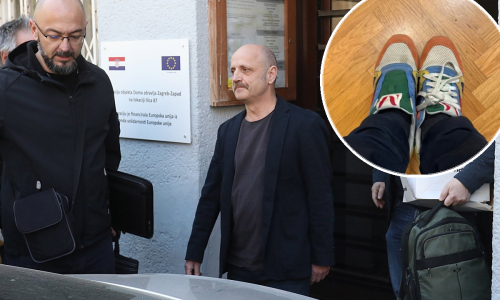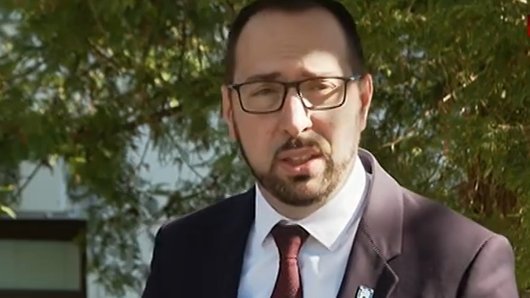A round table discussion on the subject of challenges of involving citizens in shaping public policies was held in the Croatian Parliament building on Monday. The discussion was organised by the Government's Office for Civil Society Organisations and the US Embassy.
Addressing those present, US Ambassador James B. Foley said that Croatia, as a member of NATO and a future member of the European Union, was a success story.
Last Friday Croatia successfully qualified for EU membership and we are now awaiting a positive decision from the EU member states, he added.
These results represent a comprehensive effort to build the rule of law and reform countless aspects of society and governance, including civil society, Foley said, adding that civil society organisations are as important as governments in promoting democracy and good governance worldwide.
Foley said that EU membership would not mean that the reform process was over.
Croatia will continue to face a challenge of consolidating the rule of law, combating corruption and completing its transition to a competitive free market economy. Western democracies will have Croatia to have all necessary tools at its disposal in confronting future challenges.
Croatian Parliament Speaker Luka Bebic said that involvement of citizens in discussions on issues that directly affected their lives was the best way in which state bodies could encourage a better understanding of their work among the general public, but warned that changes could not be implemented overnight.
Bebic said that the subject of this round table was very important, particularly in the context of conclusion of Croatia's EU accession talks when great attention should be paid to informing citizens about all aspects of EU membership.
He said that opening room for the continuous dialogue of state institutions with citizens, non-governmental organisations, the private sector and other interested members of the public was the main characteristic of a developed civil society and an indicator the stability and quality of the democratic system.
The Croatian Parliament has made significant effort to ensure that the voice of the public is heard, primarily by admitting many external experts and representatives of civil society organisations to meetings of parliamentary committees, Bebic said.







![[VIDEO/FOTO] Vlada demokratskog jedinstva u Vukovaru: Hrvatskoj je potrebno negdašnje jedinstvo](/media/thumbnail/500x300/1560812.jpeg?cropId=0)





























